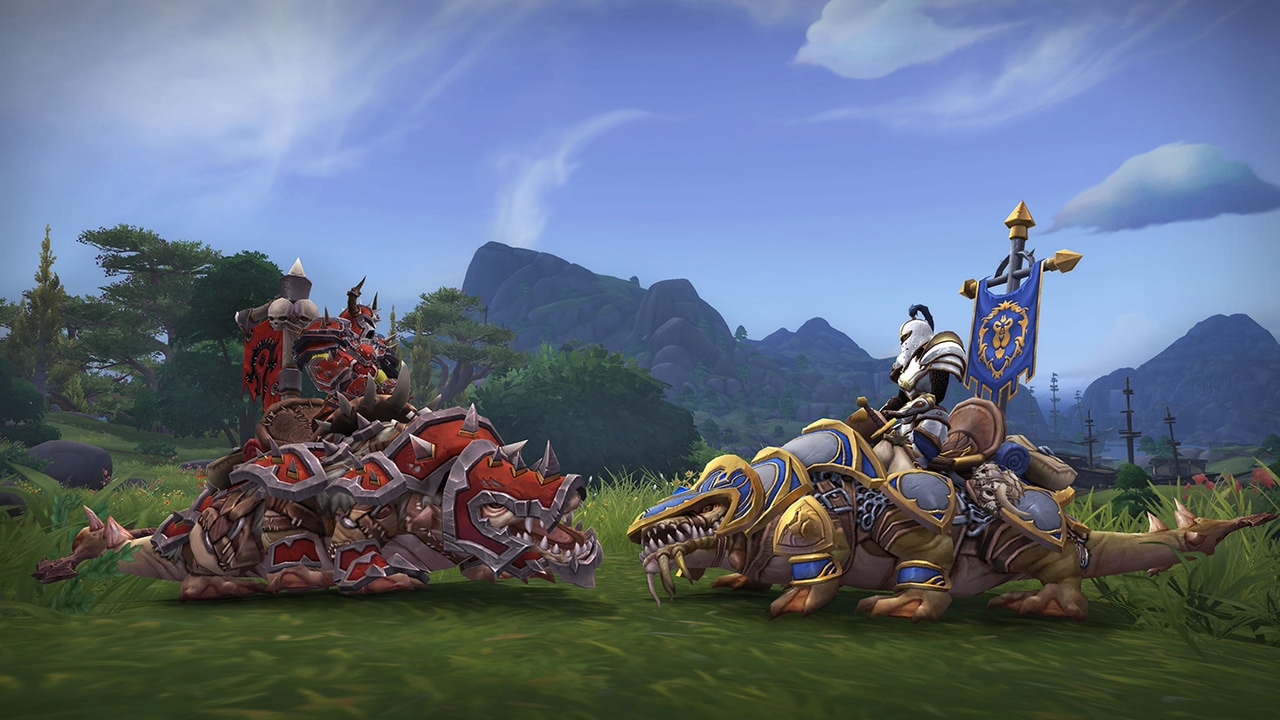
Are Video Games Good For You?
We’re often asked the question, are video games good or bad for people? It’s an interesting topic that has made headlines around the world and it’s more important now than ever as video games continue to grow as the most widely consumed media products in the world.
We’re going to explore the positive and negative effects that video games have on individuals and society as a whole in two separate articles, starting with the positives.
Video Games Effects On The Brain
There have been many studies into the effects that video games have on the brain and some quite incredible results. According to a study by the Max Planck Society for the Advancement of Science, there is a whole range of benefits to the brain from gaming including spatial orientation, memory formation, strategic planning, and fine motor skills. Let’s talk a look at some the
Gaming Improves Spatial Skills
Researchers from Australia and New Zealand noted in this study that playing games, particularly fast action games such as first-person shooters, increased the user’s spatial skills in a way that is ‘comparable to the effects of formal (high school and university-level) courses aimed at enhancing these same skills ‘. It was also noted that the increased skills were quick to develop and last for a long period after the user stopped playing.

Gaming Improves Focus
In the same study noted above the researchers also cite an increased ability to ‘allocate their attentional resources more efficiently and filter out irrelevant information‘. This means that playing fast action games also gives your brain the ability to filter out much of the unnecessary information it receives and allows it to focus more on what’s important.
Gaming To Be Better Problem Sol vers
Video games, by their nature, allow a lot of freedom to the player. Often the world is governed by a set of rules but how the player acts inside of those confines is entirely up to them. This means that many of the more complicated games, such as strategy and RPGs, require you to find a solution out of a world of many possibilities. This leaves gamers with an increased level of problem-solving skills that many who do not play it don’t have. Marc Prensky refers to the people that have grown up with video games as ‘Digital Natives’ and argues that they have a totally different way of problem-solving because of it. He goes as far as to argue that it has changed the way young people think so much that the education system in the US requires changing to fit these new types of problem solvers.

Gaming To Improve Social Interactions
This may be a surprise to anybody who has played online games recently but studies have shown that playing co-operative games increases the player’s social skills and makes them much more likely to offer help to those in need in the future according to Iowa State University’s Douglas Gentile. It is interesting to note that the level of violence in the game tended not to have a large effect on how people responded to it socially. The biggest change came from whether the game focused and promoted co-operative actions or competitive ones.
Video Games and Mental Disorders
If all of the above points are not reason enough to consider adding video games to part of your daily brain workout then this might amaze you. According to the Max Planck Institute, video games can also have positive effects on a range of mental disorders.
Video Games And Stress Reduction
One benefit of video games on the brain is to reduce stress. I’m sure a great deal of us have felt the effects often referred to as escapism. When we get so absorbed in a game that you forget about everything else and can relax without the stresses of daily life. This is not something that’s exclusive to games, with books and movies being famous for having similar effects, but it is often a much more powerful effect that is much easier to submerge yourself in.

Those of us with anxiety find this effect especially powerful and it can be one of the few times that we have genuine relief from the constant stress. As long as the player does not become reliant on it for relief and begin to use it as a method of avoidance it can be massively helpful in allowing yourself and your body a moment of much-needed relief.
Video Games And Improved Mood
It has been shown that experiencing some positive emotions each day is important for counteracting the negative emotions and the influence they have in dampening motivation. Video games are often an easy source of seeking out these positive emotions as game designers implement systems specifically designed to trigger the rewards centers in the brain. There are many ways to increase mood but games offer a quick and easy way to achieve that even in environments that are not conducive to it.

Obviously, not all emotions associated with games are positive, with many games being labeled as ‘rage games’. Everyone has felt the urge to throw their controller across the room occasionally. These are not emotions that will improve your mood in any way so the choice of game is paramount to its effect on the players’ mood. The one positive in all this though is failing at games also has the benefit of helping people to cope with failure more easily as it will often be something they come across at some point while playing.
Specialist Games As Treatment And Research
Although these are not related to the average gamer it is important to shine a light on some of the ways specialist ‘serious games’ are helping people around the world. Here are some of the ways in which games are being used for good.
A Game That Helps Children With Cancer
A game called Re-Mission was released in 2006 that was specifically designed to help young cancer patients with their treatment. The game has the player control an avatar which went around destroying cancer cells whilst managing the effects of nausea and constipation. These are some of the biggest reasons that cancer sufferers might fail to stick to a treatment plan. The game proves such a success in getting the message through to young sufferers that after its initial trial they shipped over 200,000 copies of it to hospitals in 81 different countries.

A Game To Help Schizophrenia Patients
Although they only had a very small sample size, researchers from King’s College London and the University of Roehampton used a video game that required the user to land a rocket by reducing activity in the part of their brain associated with speech perception. The researchers believed that this will help reduce the auditory hallucinations that can often be the most distressing part of dealing with the illness. The results seemed to suggest an improvement but more research will be needed before they can be conclusive.

Video Games And PTSD
A study completed at the School of Psychological Studies at Tel Aviv University and National Institute of Mental Health in Bethesda used a game where the players would have a ‘threat’ and something ‘neutral’ on the screen and it would train the user to focus attention away from the threat and more towards the neutral entity. This showed very promising effects for reducing the symptoms and helping veterans with PTSD recover.
VR has also been shown to be useful in helping PTSD sufferers through exposure therapy. The user would experience similar situations to those that were traumatic and through
A Game That Helps Rehabilitate Brain Injury Sufferers
A serious game was tested by researchers at the Department of Rehabilitation of the University Medical Center Utrecht to help people recovering from serious Brain Injuries. They had the patients navigate an environment, listen to instructions and follow feedback. This both allowed the researchers to determine how the patient was doing as well as helping them to recover.
Overall there are a great many benefits to playing games and many amazing ways that video games are being used. As with all things there are positive and negatives to playing games and they should always be played in moderation. We will be covering some of the less desirable effects of games in a future article. Until then enjoy training your brain with games.